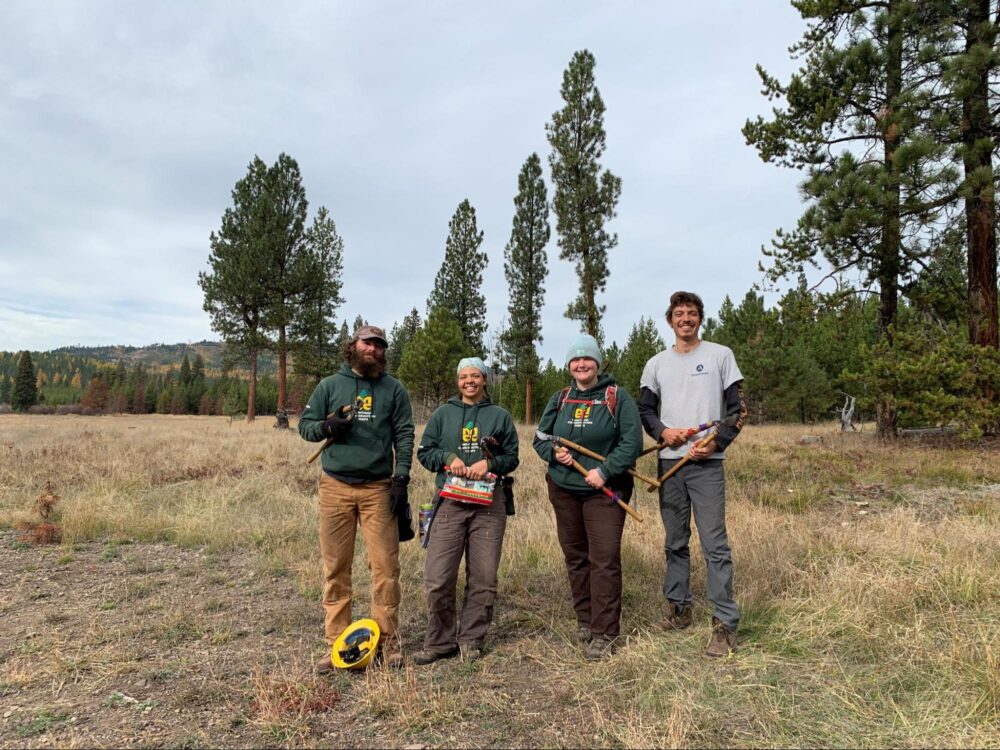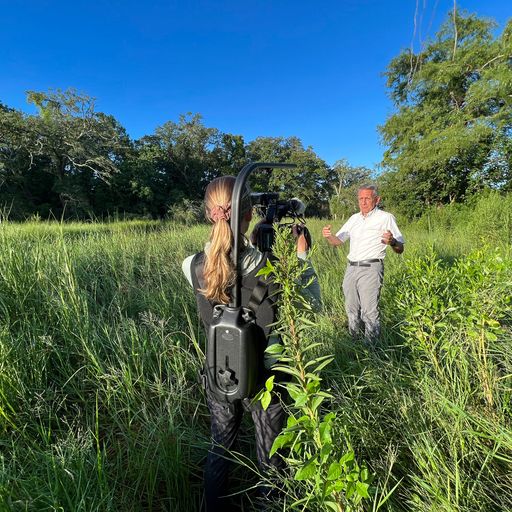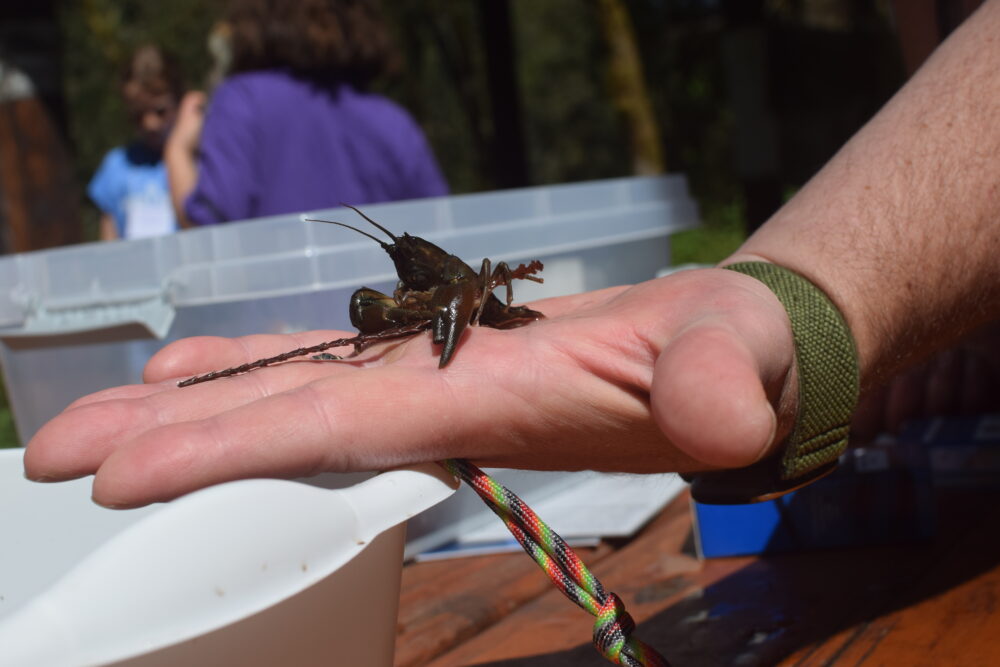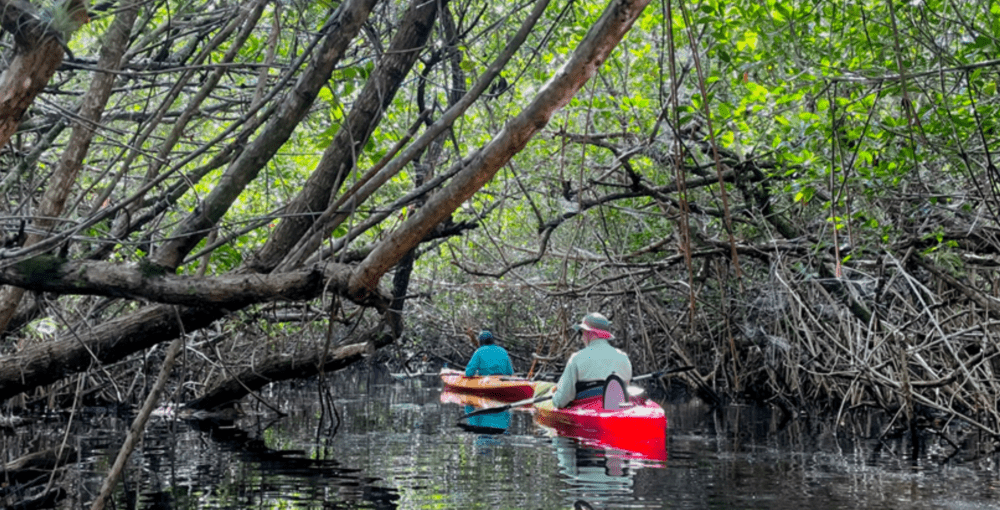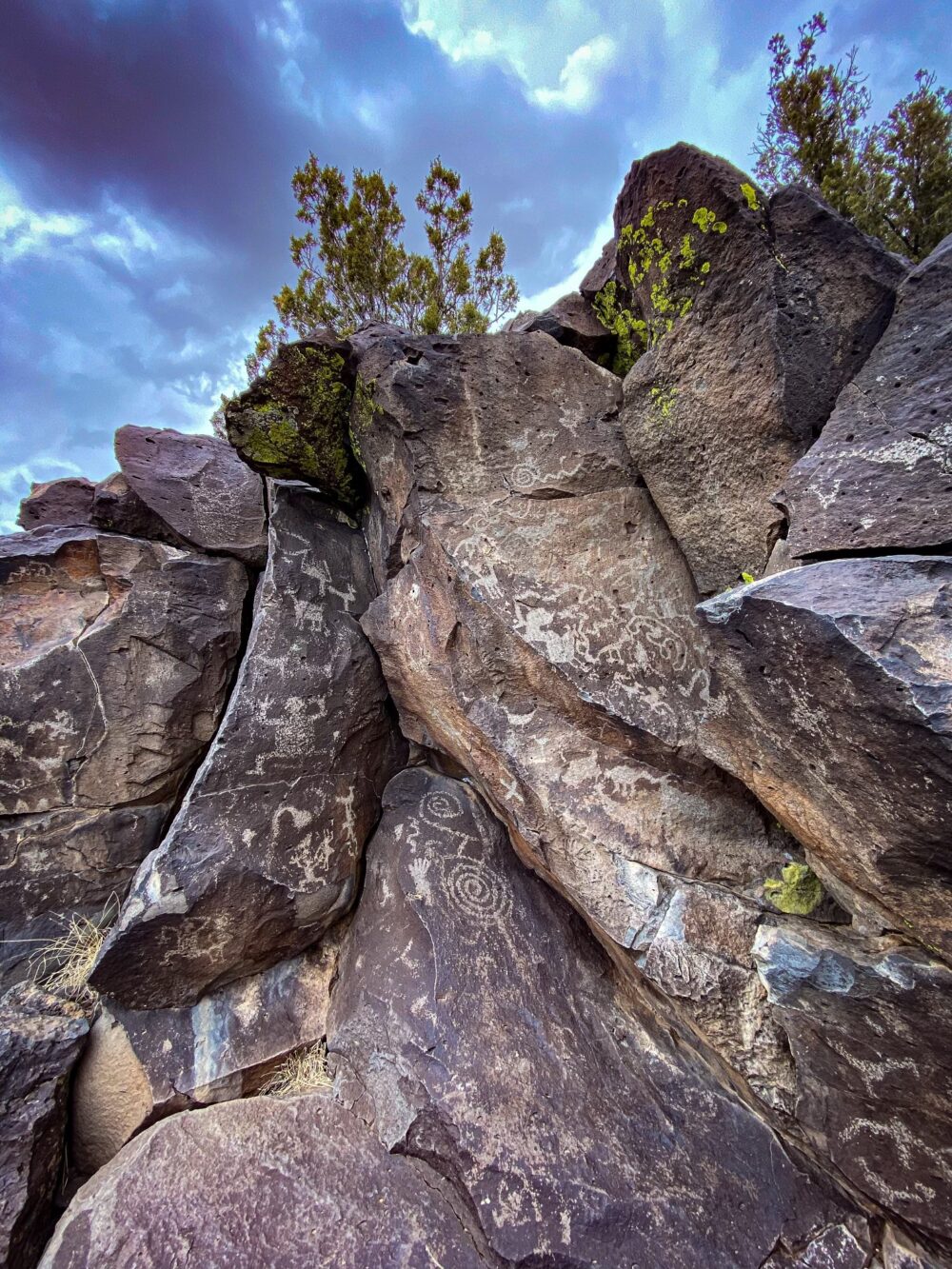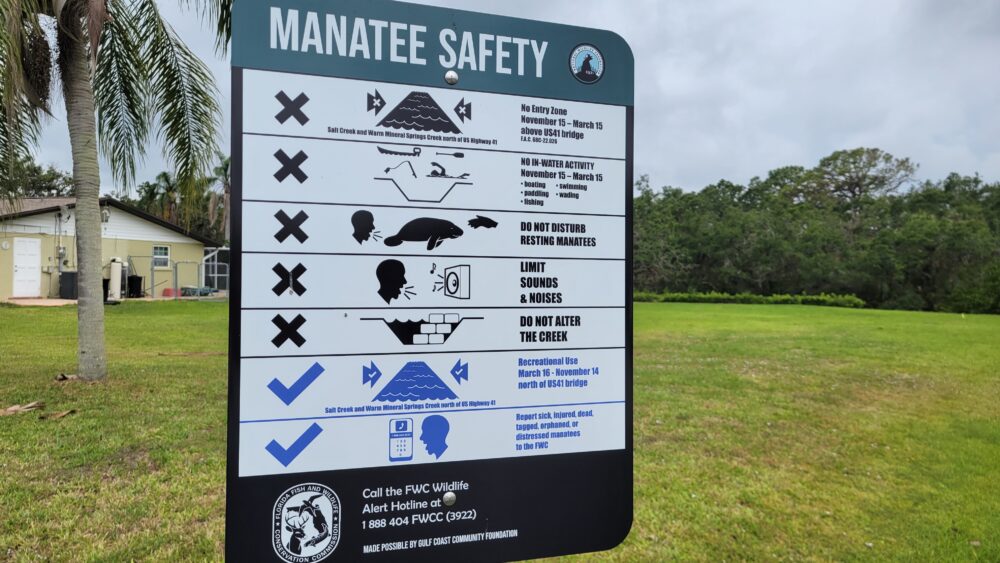We have much more to do and your continued support is needed now more than ever.
Dirtying the Clean Water Act
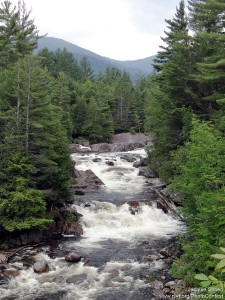
Clear away the rhetoric and howls of regulatory overreach and you will find a modest policy designed to address an important problem. In 1972 the Clean Water Act was passed with a sweeping mandate to clean our nation’s waters. It was born of a time where rivers like the Cuyahoga in Ohio were so polluted that they could actually catch fire. With such a visible threat looming, it was clear that most of our waters were far from what the act would have termed “fishable” or “swimmable.” Even later conservative administrations such as President Reagan’s supported the Act’s authority, allowing the Army Corps of Engineers to “regulate almost any body of water or wetland.” This authority allowed the EPA and Army Corps to comprehensively clean up water bodies, and to punish polluters who threatened to reverse any progress.
New Threat to Clean Water
Unfortunately, in two decisions, Solid Waste Agency of Northern Cook County v. U.S. Army Corps of Engineers (SWANCC) (2001) and Rapanos v. United States (2006), the Supreme Court called into question decades of precedent and muddied the fundamental issue of what waters were actually covered by the Clean Water Act. Subsequent guidance by the Bush Administration went further, excluding many waters and placing unnecessary hurdles to guaranteeing protection for others. These cases have had serious consequences for our nation’s waters. Many cases of pollution in streams and wetlands have gone unpunished or have simply been abandoned, as they have failed to pass the confusing legal standard for protection.
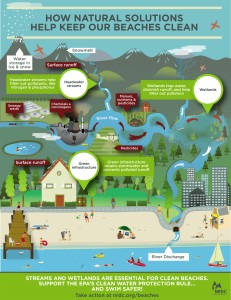
Infographic courtesy of Natural Resources Defense Council.
If clean drinking water wasn’t enough of a reason to care about this rule, just remember, as brewers do, that water is the key ingredient in your favorite beer. It’s also the habitat of countless birds and fish, including an angler’s favorite, the cutthroat trout.
While clarity may be great for the fish, it is the last thing big polluters want. In spite of preserving literally every current exemption from the Clean Water Act and specifically excluding the construction of stock ponds and irrigation ditches, polluters and their allies in the House have reacted to this rule as if it were some drastic expansion of policy rather than a needed adjustment. They have attacked the rule in the press, at hearings, and have already tried to attach amendments to must-pass legislation that would kill it prematurely. We need to push back against this cloud of misinformation. Or maybe, as President Obama said recently, “we’ve got to dredge up that old tape of the Cuyahoga River on fire, and the Chicago River, and just remind people that this thing worked.”
Tell Congress to Protect Our Clean Water
![]() Speak up to protect clean water, and tell your Senator today that you want clean water that’s and fishable and swimmable!
Speak up to protect clean water, and tell your Senator today that you want clean water that’s and fishable and swimmable!











